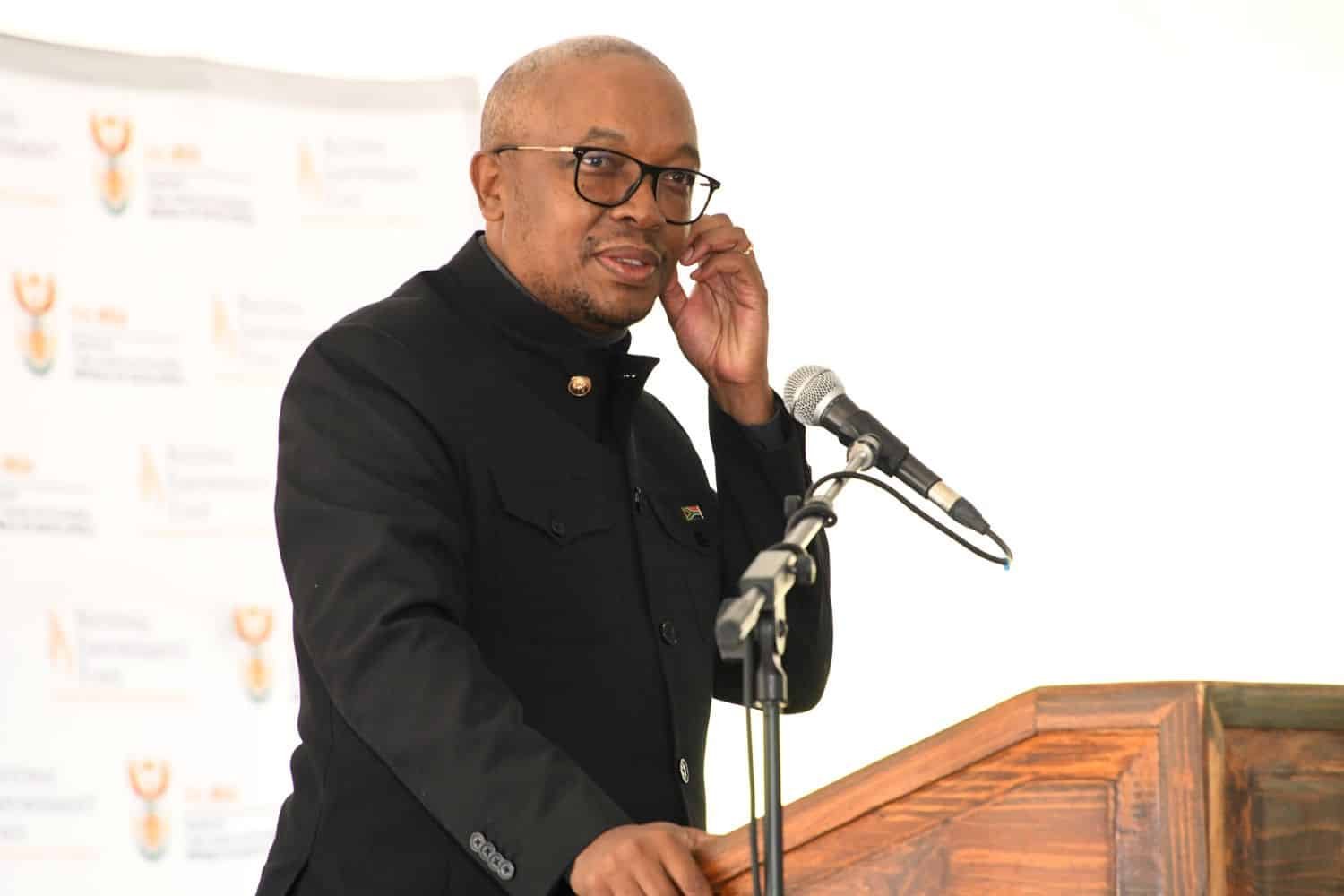South Africa’s team in Washington is getting ready for more trade talks as the president arrives in the US for the UN sitting.

Removing Black Economic Empowerment (BEE) rules for United States (US) companies does not seem to be a major issue in trade talks between South Africa and the US, as it is a political issue rather than a commercial one. It was on the table at the beginning of the negotiations and will likely be addressed later.
Dr Parks Tau, minister of trade, industry and competition, spoke to the SABC on Sunday night about their progress with the negotiations. He joined the group last week before joining the president’s delegation when he arrived on the weekend. The president’s special envoy, Dr Allistair Ruiters, have been there for three weeks already.
Tau said the US delegation felt that the deal South Africa offered was not ambitious enough and still unilaterally imposed the 30% on imports from South Africa. He said South Africa has now agreed on a road map for official engagements to conclude the negotiation process.
“We made significant progress since May. We sent the US proposal to unlock the discussion, and we had a few weeks to consider what the US proposed. Our director general also engaged with the US administration, and for the past week, we were all knuckling down to add more detail to the plan. Our team is now working with the actual document in intense discussions.”
ALSO READ: US demands spark growing discontent amid tariff negotiations – report
Government will have two weeks to study document before negotiations
On the way forward after getting the document back, Tau says government will have two weeks to discuss it with stakeholders and departments and get a mandate to respond. “From there we can into the details of negotiation.”
Tau did not want to say much about the US conditions to change the tariff on South African imports as the team is now in a sensitive stage of the negotiations.
“In our planning, we consider trade and tariffs and issues such as which products we are talking about, how these products get to the US markets and what the US will sell to South African markets. We also look at how to create parity in terms of other markets we will compete with.”
He pointed out that the issues around trade and tariffs between South Africa and the US are ongoing. “There are still some discussions. There are investment issues about the possible areas of investment, such as South Africa buying liquid natural gas from the US, which will be part of the discussions.”
Tau says these discussions fall under the US department of commerce, but there have also been discussions about political issues with the State Department and security agencies, but these are not in his team’s purview.
ALSO READ: US tariff an existential threat for a third of metals and engineering sector
BEE political issue to be dealt with by another team from international affairs
That is why he says his team is not focused on BEE because it is deemed a political issue, although it may show up again at the end of the negotiations. “The 30% tariff is also one of the issues that we are discussing. We are discussing numbers, but the US has not put a number on the table yet.
“I want us to become more competitive in some sectors and I would like to see similar tariffs as other countries who compete for the US market with the same products. The US feels the same, and they are waiting to see what we can do.”
He pointed out that tariffs are a part of trade and that during discussions, trade does not stop. “It complicates competitiveness, and therefore we are looking at areas where we can continue meantime.
ALSO READ: Agricultural exports doing well so far despite US tariffs – but farmers dread next season
Will Agoa be renewed?
And what about the African Growth and Opportunity Act (Agoa)? Tau says there is appetite from the US to renew Agoa when it ends at the end of the month. “This gives us very little time, as it needs legislation. It could be tagged onto another bill, or we must make a plan to renew it quickly if it does expire.
“This is part of our discussion and depends on how the US sees duty-free and market access, as well as our World Trade Organisation obligations. I get a positive message that the US is not trying to stall out economy.
“We told the US delegation that the tariffs are starting to affect our economy. The ball is now in their court. As soon as they give us the document, we can start to negotiate.
ALSO READ: Now is the time to stand together as a nation – BLSA
AfriForum and Solidariteit ‘throwing spanner in the works’?
A delegation from AfriForum and Solidariteit is also in the US to urge the Trump administration to avoid punishing South African farmers in the process of administering tariffs, but Tau says they are not helping South Africa’s ability to get the best outcome for the negotiations.
“Unfortunately, it affects South Africa as a whole and even their own constituency in many ways. This is counterintuitive that you would start a process that seeks to undermine the country.
“We said our doors are always open to engage with all stakeholders, but it seems they just want to throw a spanner in the works. It is not helping the country in any way.”
Tau says a lesson he learned from the negotiations with the US about the new tariffs is that government needs greater agility and must make decisions.
Support Local Journalism
Add The Citizen as a Preferred Source on Google and follow us on Google News to see more of our trusted reporting in Google News and Top Stories.






